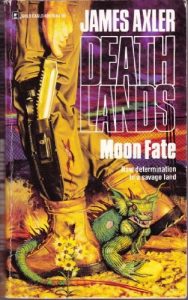 Apparently, the Deathlands series is completed, at 75 books, as of sometime last year. That’s kind of cool, because it implies that I might ever finish[1]. Not a habit I’m used to, what with Marvel comics that have been published continuously since 1961 with no end in sight.
Apparently, the Deathlands series is completed, at 75 books, as of sometime last year. That’s kind of cool, because it implies that I might ever finish[1]. Not a habit I’m used to, what with Marvel comics that have been published continuously since 1961 with no end in sight.
I’m not sure that has any special relevance, but I learned it while doing research into the author of Moon Fate. (James Axler is a farm name, you see, assigned to any number of actual writers in the series, but not a real person in his own right.) The sad reason for this research was that there was a tonal shift so drastic, I briefly hoped there had been a change of the usual author to explain it. Here’s an implausible number of words about that.
Weirdly, even now, I can’t tell if I’m being unrealistic. In thumbnail, Ryan Cawdor is returning from the events of Chill Factor to rejoin his friends, but due to a series of the kind of tragic event that is so typical in a post-apocalyptic hellhole, they end up split once more, with he and his girlfriend captured by vengeful mutant “stickies”, so called because they are part of a common lineage in the Deathlands whereby their arms are covered with incredibly strong octopus-like suckers, strong enough to strip flesh right off any “norms” they might come in contact with.
And here is where problem one crops up. Normally stickies are, in addition to being strong and violent death machines, quite lowly ranked on the intelligence scale. Which is fine, killer mutants are a staple of any nuclear holocaust. But they were lead by an especially intelligent throwback to humanity, who of course was a figure from Ryan’s past. I don’t mind that they had a bad time together and the stickie wanted revenge. I mind that, after going to all the trouble of making him a leader who was intelligent and strong-willed enough to organize his troops instead of the usual ravening hordes, the story still treated them as mindless enemies. A story where the mutants could also be human would have been much cooler.
In any case, not enough to put me off the story, but then there was a rape scene in which a female stickie took Ryan into her quarters for to satisfy her carnally. And… I mean, there was only the one mostly human throwback, so I’m not saying I have a problem with the run of the mill mutant being a grotesquerie. And if the rape scene had been reversed, with lead female character Krysty Wroth being the victim, that wouldn’t have been any better, for all kinds of reasons. Still, the scene where Ryan was being forced to perform oral sex was just relentlessly anti-female, in a way I have thusfar thought this series was better than. And like I said, I read over the caveats and feel like I’m being way too sensitive about this; because yes the scene could have been left out entirely, but once you accept its presence, I can’t really see anything unrealistic about it. All the same, it felt skeevy, and I hope it doesn’t happen again.
Third, not that I much care about this, and especially in comparison to the other two, but I have no earthly idea what the title had to do with anything at all.
Anyway, leaving aside those complaints, the book was at least a nice change of pace from the standard “teleport somewhere, right a wrong, move on” template the series quickly fell into. I mean, yes, that is technically exactly what happened, but the trappings were all different, what with resuming from a split party, visiting friends, and staying in town for months rather than days or hours.
[1] Given that this book is #16, I’m already 20% of the way through!
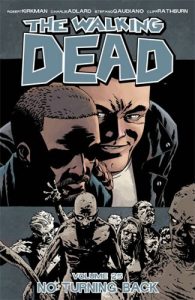 For a wonder, the latest Walking Dead has a title that isn’t trite and a storyline to match. No Turning Back chronicles the aftermath of Rick Grimes’ meeting with the latest, direst threat to his community. See, everyone is scared and reactionary, because of the spoilers at the end of the last book. Now Rick has to decide how far he will go to hold it all together.
For a wonder, the latest Walking Dead has a title that isn’t trite and a storyline to match. No Turning Back chronicles the aftermath of Rick Grimes’ meeting with the latest, direst threat to his community. See, everyone is scared and reactionary, because of the spoilers at the end of the last book. Now Rick has to decide how far he will go to hold it all together. Apparently, the Deathlands series is completed, at 75 books, as of sometime last year. That’s kind of cool, because it implies that I might ever finish[1]. Not a habit I’m used to, what with Marvel comics that have been published continuously since 1961 with no end in sight.
Apparently, the Deathlands series is completed, at 75 books, as of sometime last year. That’s kind of cool, because it implies that I might ever finish[1]. Not a habit I’m used to, what with Marvel comics that have been published continuously since 1961 with no end in sight.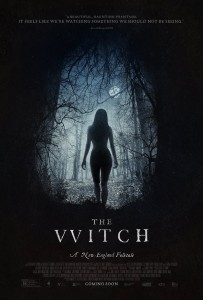 For reasons not known to me,
For reasons not known to me, 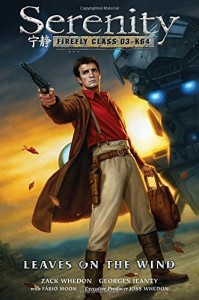 Until a credit card error combined with an email filing error caused me to miss several issues in a row (and I was already months behind on actually reading them even then), I collected Buffy and Angel comics set after those shows had ended. In addition to those, a handful of Firefly comics were released, but these were not of the full-sized sequel variety the others had been. A three issue follow-up story with only one spoiler of any consequence, and a second batch about which I, perhaps tragically, remember nothing (but it was past stories instead of future), and then by the time
Until a credit card error combined with an email filing error caused me to miss several issues in a row (and I was already months behind on actually reading them even then), I collected Buffy and Angel comics set after those shows had ended. In addition to those, a handful of Firefly comics were released, but these were not of the full-sized sequel variety the others had been. A three issue follow-up story with only one spoiler of any consequence, and a second batch about which I, perhaps tragically, remember nothing (but it was past stories instead of future), and then by the time 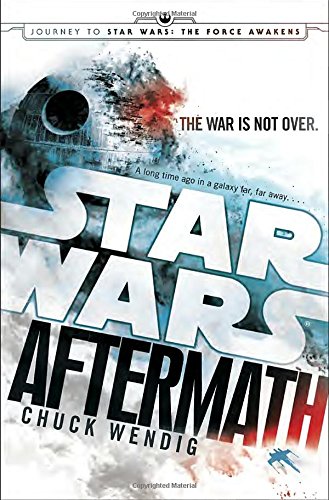 So, the one good thing about a new Star Wars timeline is I’m only one book behind now, right? Haha nope, there are already like six books, plus seasons upon seasons of animated television I never got around to watching. Oops.
So, the one good thing about a new Star Wars timeline is I’m only one book behind now, right? Haha nope, there are already like six books, plus seasons upon seasons of animated television I never got around to watching. Oops.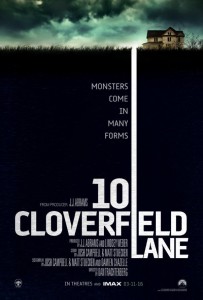 Friday was movie day, as occasionally comes around. And unexpectedly,
Friday was movie day, as occasionally comes around. And unexpectedly,  Once again, my review material comes from the author’s afterword. This time, apparently, the authors of
Once again, my review material comes from the author’s afterword. This time, apparently, the authors of 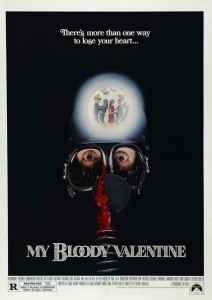 After I got off work on Valentine’s Day, we went out to the Alamo for a third time to see
After I got off work on Valentine’s Day, we went out to the Alamo for a third time to see 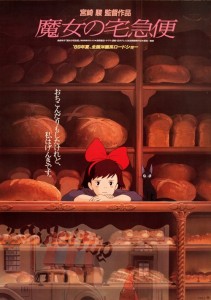 The second outing of the weekend was to catch the one Miyazaki movie playing this month at the Alamo Drafthouse that I both had not seen and could fit in my schedule[1]. Hence,
The second outing of the weekend was to catch the one Miyazaki movie playing this month at the Alamo Drafthouse that I both had not seen and could fit in my schedule[1]. Hence, 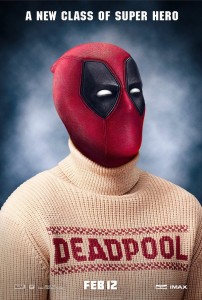 Full disclosure: I am still years away from reading anything about Deadpool, and what I know about him could fit on someone’s palm as their cheat notes. He’s super violent, aware that he’s a character (or some other form of fourth-wall-breaking thing if not that), and he thinks he’s hilarious. I don’t even know if he’s actually hilarious, although
Full disclosure: I am still years away from reading anything about Deadpool, and what I know about him could fit on someone’s palm as their cheat notes. He’s super violent, aware that he’s a character (or some other form of fourth-wall-breaking thing if not that), and he thinks he’s hilarious. I don’t even know if he’s actually hilarious, although